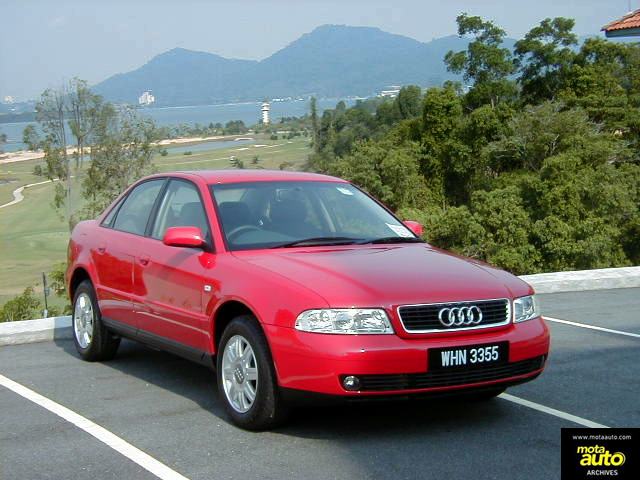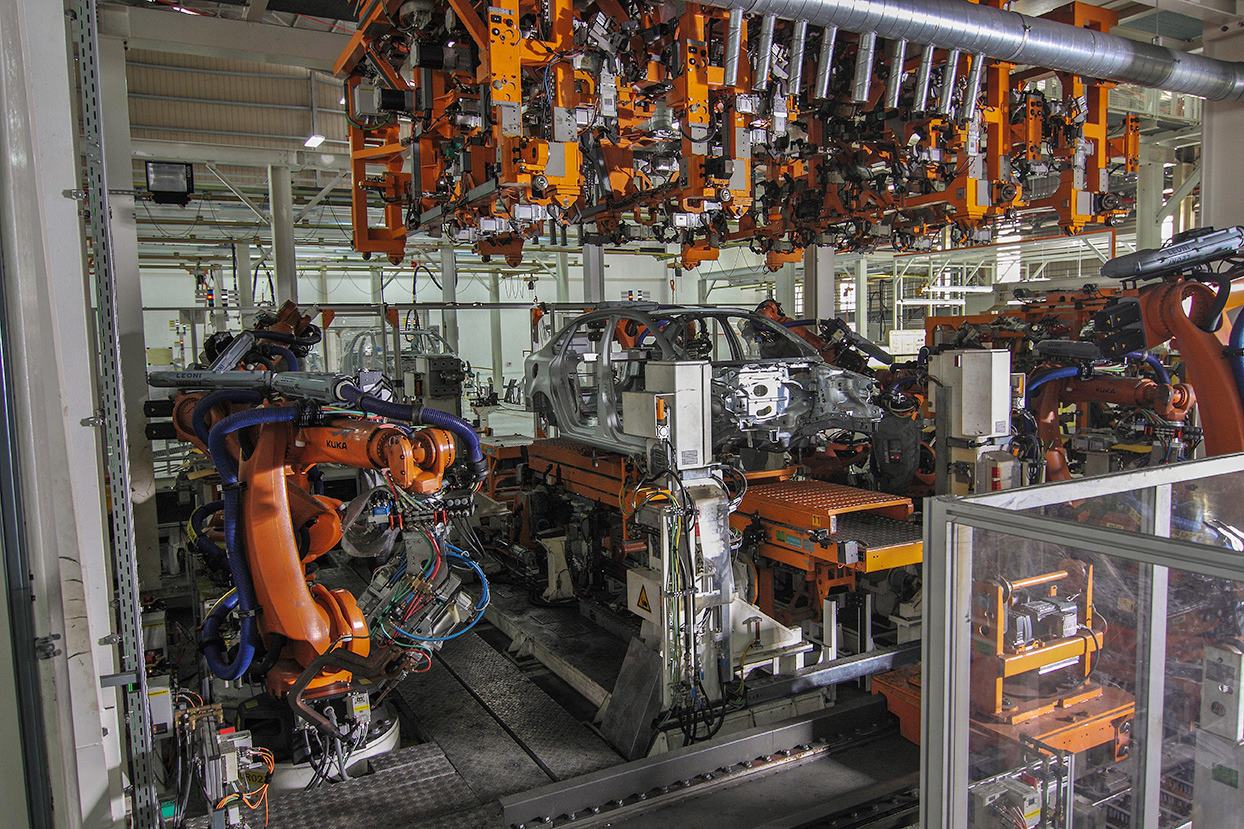Local assembly is necessary for a brand to grow in many countries due to the high import taxes on CBU (completely built-up) vehicles. It’s one way that governments bring in investments and create more jobs, and also transfer of technology
Audi vehicles were assembled in Malaysia in the 1970s and up to the end of the 1990s. Then the brand relied on CBU models and numbers remained limited.

Now Audi will again assemble a model in Malaysia – the latest Q7 – after a lapse of over 2 decades. Production will be at the HICOM Automotive Manufacturers complex in Pekan, Pahang where there is also a facility assembling Volkswagen models (currently the Golf GTI/Golf R, Arteon, Tiguan and Touareg).
Launch in first half of 2025
Announcing this to the media at a luncheon today, Denyu Bostandzhiev, MD of PHS Automotive Malaysia (PHSAM) which handles Audi and Volkswagen vehicles, said the model will be launched during the first half of this year. It became easier to make a business case for local assembly of the Q7 since Volkswagen Group Malaysia is assembling the Touareg and the Q7 has shared the same MLB platform since the first generation launched in 2006.
The MLB platform is also used for the Bentley Bentayga, Lamborghini Urus and Porsche Cayenne. Incidentally, the Cayenne is also assembled in Malaysia but at the Inokom Corporation plant in Kedah. It is the only production site Porsche has outside Germany.
![Audi Q7 [2024]](https://www.motaauto.com/wp-content/uploads/2025/02/Audi-Q7-2024-3.jpg)
![Audi Q7 [2024]](https://www.motaauto.com/wp-content/uploads/2025/02/Audi-Q7-2024-1.jpg)
2nd generation of flagship SUV
The Q7 to be assembled will be the second generation which was launched in Europe in 2015. Since then, it has had two updates with the most recent being in 2024 which gets more advanced headlights.
The Q7 is available with pure combustion engines powertrains (petrol and diesel) as well as electrified powertrains and there is also a powerful SQ7 version. All models have quattro all-wheel drive, of course. As to which one will be in the locally-assembled model, it is most likely to be similar to that in the Touareg which is a V6 petrol unit.

Exports might be possible in future
When Volkswagen began assembling the Passat in Malaysia in 2012, it had plans to export some production to neighbouring countries. However, that has still not happened. With regards to the Q7, Mr. Bostandzhiev said that there is also hope that the SUV can be exported in future but nothing is confirmed at this time. In order to enjoy the duty-free import privilege under the ASEAN Free Trade Area (AFTA) agreement, there needs to be at least 40% ASEAN content and this can be challenging for a premium model.
However, Mr. Bostandzhiev will not be involved in the export activities since PHSAM only looks after the retail and aftersales of Audi and Volkswagen vehicles in Malaysia. The productiion activities in Pekan are managed by Volkswagen Group Malaysia, a different business unit and part of Volkswagen AG.
Supplier Technology Showcase and Business Matching Program for Volkswagen
![Audi Q7 [2024] Audi Q7 [2024]](https://www.motaauto.com/wp-content/uploads/2025/02/Audi-Q7-2024-2-1-696x464.jpg)
